Researcher
Erik Hoel is a research scientist and one of the founding members of YHouse. He is a postdoc at the Center for NeuroTechnology at Columbia University, where he develops and applies measures of consciousness and emergence in the cortex. He received his Ph.D. in neuroscience at the University of Wisconsin-Madison. There he worked under Giulio Tononi on aspects of Integrated Information Theory. Additionally, growing up in his family-owned independent bookstore, The Jabberwocky, has made him an incurable fiction writer and essayist.
Background
• Neuroscience
• Cognitive Science
• Causal Analysis
• Information Theory
Research
Erik’s current research is on formalizing and testing measures of the level and content of conscious experience in the brain. For this he makes use of information theory, causal analysis, and the latest methodologies in neuroscience, such as calcium imaging and optogenetics. He also is working on formalizing and testing scientific measurements of emergence in complex systems. This line of research has provided a preliminary but quantitative measure of emergence: the amount of information contained in a macro model of a system above and beyond its underlying micro model. Currently, he is working on testing these measures in the cortex to identify the spatiotemporal scale at which the brain processes information.
Essays and Fiction
Erik’s writing often explores the intersections and overlaps between science and the humanities. His essays span a diverse spectrum, from how to mathematically measure consciousness to the latest research on the reasons why we sleep. He’s written on the impact that television has on contemporary writers, and argued that literature deserves a special place among media because it solves the Hard Problem of consciousness. As a fiction writer, his short stories have appeared in numerous literary magazines such as Arts & Letters, American Fiction, Strange Horizons, and Our Stories, and have won prizes such as the Writer’s Digest Literary Fiction Contest. He is working on his first novel.
Contact
Email
Home Institution
Columbia University


